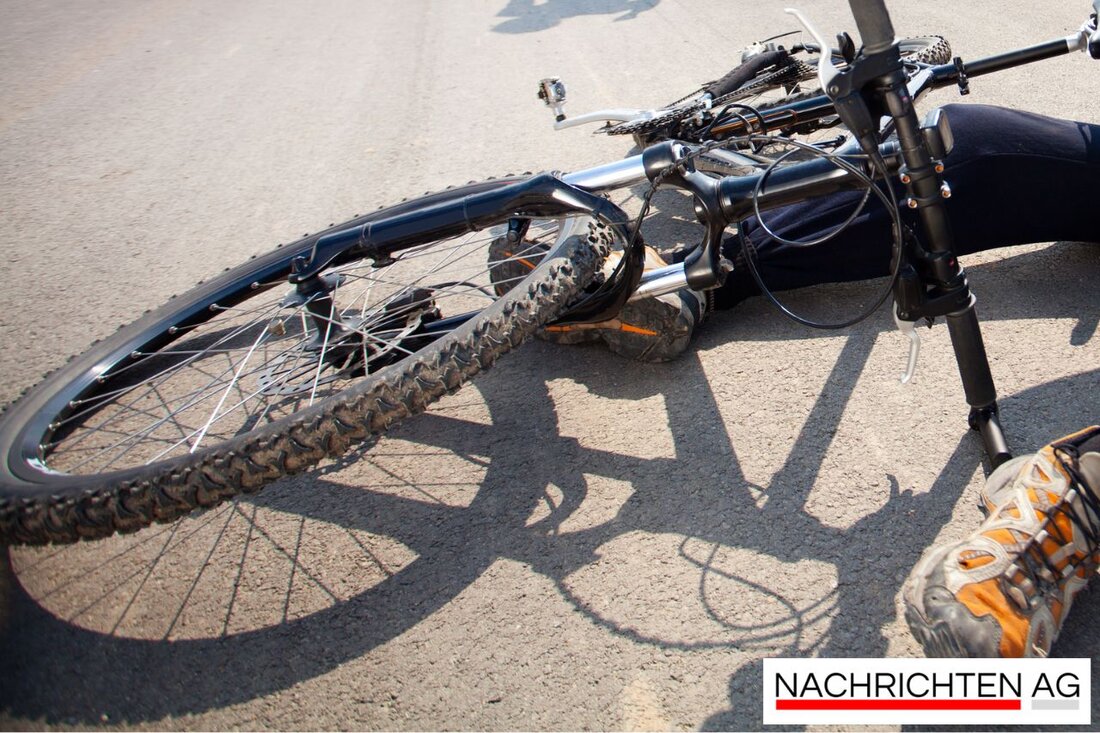Problems in the Österreicherviertel: New concept for parking and garbage chaos!
The city of Munich is responding to complaints from residents in the Österreicherviertel, Pasing, with a new mobility concept to improve the traffic situation.

Problems in the Österreicherviertel: New concept for parking and garbage chaos!
There is currently a lot to talk about in the Austrian Quarter in Pasing. After persistent complaints from residents, the city of Munich has now decided to take action. The Mobility Department (MOR) has launched a comprehensive step-by-step concept that responds to the current problems. “Away with sidewalk parking, we need a clear solution for everyone,” said a citizens’ initiative that is calling for a “street for all” to ensure equal use by pedestrians, cyclists and drivers.
However, implementing these ideas is anything but easy. The MOR has found that a traffic-calmed area is not feasible on site. Rather, a step-by-step concept based on two central steps should help. First, communication should be improved by the MOR, followed by monitoring of the traffic situation by the police. This could also take the form of information steles or unofficial information signs. Parking bans are only intended as a last resort and the main aim is to create more legal parking space without affecting the quality of life.
Parking problems and waste management
tz.dealso brings to light stressful facts: Many residents are dissatisfied with the new regulation, which is intended to curb sidewalk parking. This had been tolerated in the Austrian Quarter for years, but the police have now started handing out warnings and tickets. These surprising measures have sparked anger. For John Höpfner, a long-time resident, sidewalk parking is a “well-established system” and a step backwards in the traffic situation that was previously perceived as unproblematic. The narrow streets often do not allow two cars to drive side by side, which increases concerns about backlogs and requirements for garbage collection and fire services.
Residents fear that if sidewalk parking is banned, many parking spaces would be lost. A workshop has already collected suggestions for marking parking spaces and converting certain streets into traffic-calmed areas. The Pasing police argue that while sidewalk parking is generally prohibited, enforcement is not currently a high priority.
Responsible for the solution
The district committee (BA) was convinced by the MOR's statements and is in favor of implementing the phased concept. Another positive aspect could be solving the garbage problem: The Munich Waste Management Company (AWM) is often unable to drive into the streets due to parked cars, which would further aggravate the situation for residents.
Overall, the signs are good for an improvement in the traffic situation in the Österreicherviertel. While the city is rethinking its traffic calming strategies, other cities such as Berlin are also looking at such concepts with interest. A city-friendly approach to mobility has long been a hotly debated topic there, which calls for a change towards more environmentally friendly alternatives, such as promoting walking and cycling. Comparable approaches in Munich could therefore serve to increase the quality of life in the Austrian Quarter.
It currently remains to be seen how the residents will react to the steps taken and whether the mood on site can be calmed by the new concept.

 Suche
Suche
 Mein Konto
Mein Konto